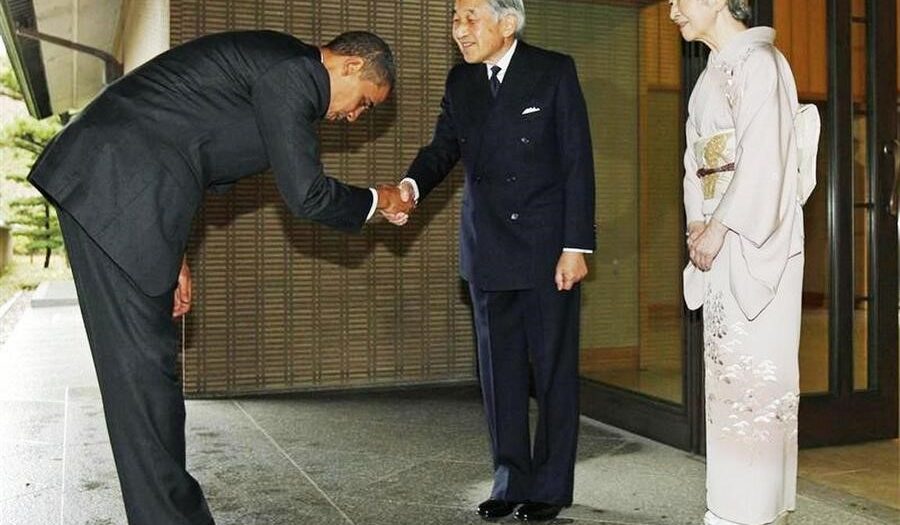「年寄りは家の宝」と「Kính lão đắc thọ」についての考察
日本のことわざ「年寄りは家の宝」(としよりはいえのたから)は「年配者は家族の宝である」という意味です。同様に、ベトナムのことわざ「Kính lão đắc thọ」(高齢者を敬えば長寿を得る)も年配者への尊敬と敬意を表しています。この二つのことわざは、両国の文化的価値観と道徳的精神を反映しています。
文化的および社会的な意味
日本とベトナムの社会において、年配者は知識と経験の貴重な源と見なされています。彼らは文化を守り、伝える役割を果たすだけでなく、歴史の生き証人でもあります。年配者を尊敬することは、家族の世代間の絆を強めるだけでなく、伝統的な価値観を保存し、発揮する手段でもあります。
人間的な価値
「Kính lão đắc thọ」ということわざは、年配者への敬意と配慮が福祉と長寿をもたらすという倫理的な原則を強調しています。これは人生における因果応報と報恩の教訓です。同様に、日本のことわざ「年寄りは家の宝」も年配者の重要性を強調し、彼らを「宝物」として大切にし、守るべき存在と見なしています。
違いと共通点
日本文化とベトナム文化には一定の違いがあるものの、両国とも年配者への尊敬と愛情という共通の価値観を共有しています。日本人は敬老の日など、年配者を敬う特別な祭りや習慣を持っており、ベトナム人は長寿のお祝いを通じて、年配者への感謝と祝福を示しています。
結論
両方のことわざは、年配者を尊重し、保護することの重要性について深いメッセージを伝えています。これは単なる責任ではなく、伝統的な価値観を学び、大切にする方法でもあります。これらの価値観を実践することで、家族生活が豊かになり、社会の持続可能な発展にも貢献します。
The Significance of the Proverb 「年寄りは家の宝」 in Japanese Culture
The Japanese proverb 「年寄りは家の宝」 (Toshiyori wa ie no takara) translates to “The elderly are the treasure of the home.” This proverb reflects deep cultural values and societal norms in Japan, emphasizing the importance of respecting and valuing the elderly. It parallels similar sentiments in other cultures, such as the Vietnamese saying “Kính lão đắc thọ” (Respect the elderly, and longevity will follow).
Cultural and Social Significance
In Japanese society, the elderly are revered as sources of wisdom and experience. They are not only seen as keepers and transmitters of culture but also as living witnesses to history. Respecting the elderly helps to strengthen family bonds across generations and preserve traditional values. This respect is deeply ingrained in Japanese culture, where the family unit is considered the cornerstone of societal stability.
Humanistic Values
The proverb highlights a fundamental ethical principle: honoring and caring for the elderly brings about blessings and longevity. It is a lesson in karma and the reciprocity of life. By viewing the elderly as “treasures,” the Japanese emphasize the intrinsic value and dignity of every individual, especially those who have contributed significantly to society through their life experiences.
Celebrating the Elderly
Japan has specific customs and festivals that honor the elderly, such as Respect for the Aged Day (敬老の日, Keiro no Hi), a national holiday dedicated to expressing gratitude towards older adults. This celebration underscores the collective appreciation and recognition of the elderly’s role in society. Similarly, traditional family structures often include multi-generational living arrangements, where the elderly play a crucial role in family life, providing guidance and stability.
Conclusion
The proverb 「年寄りは家の宝」 conveys a profound message about the importance of respecting and valuing the elderly. It teaches us that this respect is not just a duty but a way to enrich our lives and preserve the invaluable wisdom that the elderly offer. By practicing these values, we contribute to the well-being of our families and the sustainable development of society. The reverence for the elderly in Japanese culture serves as a timeless reminder of the importance of maintaining and cherishing our connections across generations.
